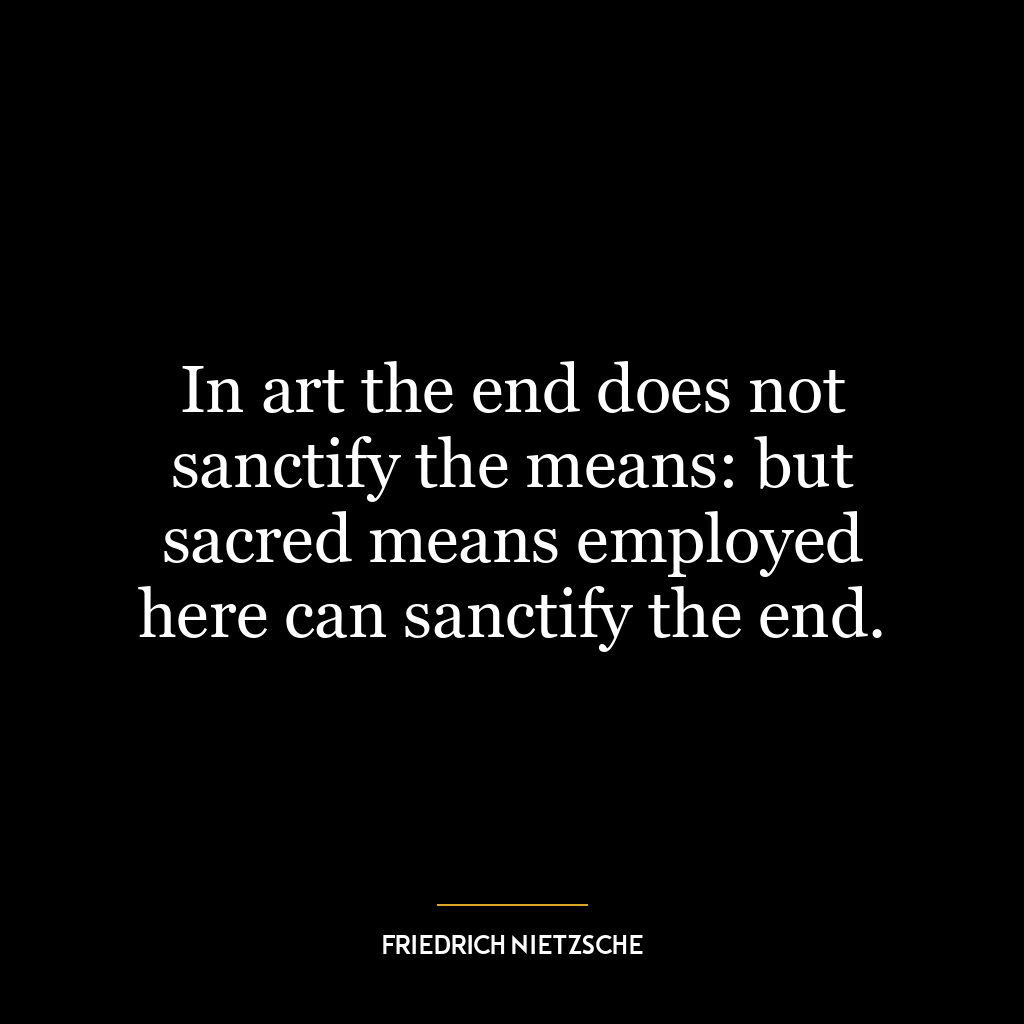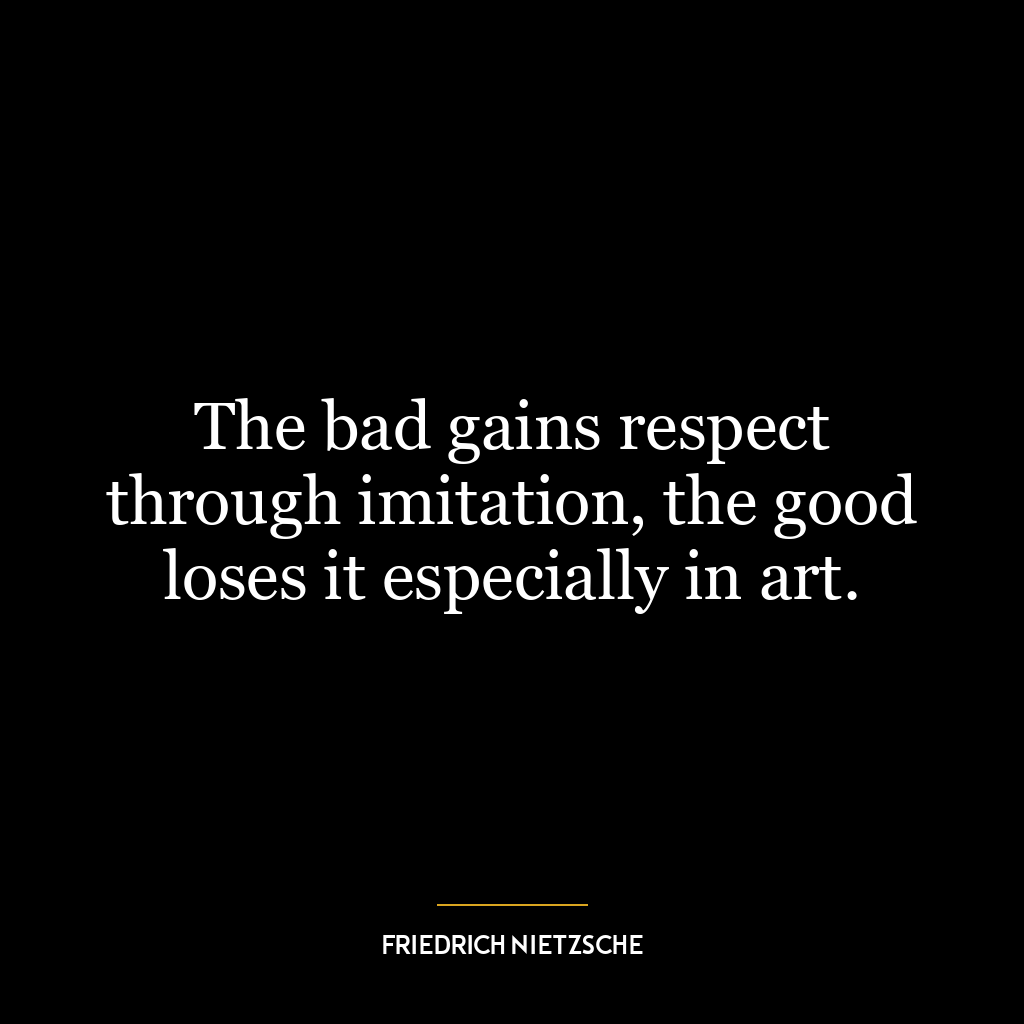Act so as to use humanity, yourself and others, always as an end and never as a means to an end.
This quote is one of the fundamental principles of Immanuel Kant’s moral philosophy. It means that every person, including oneself, should be treated with respect and dignity, not as a tool or object to achieve one’s goals. It emphasizes the inherent worth of every individual.
When Kant says “act so as to use humanity, yourself and others, always as an end and never as a means to an end,” he is essentially saying that we should never exploit others for our own gain. This idea is grounded in the belief that every human being has intrinsic value – a value that does not depend on anything else. This value is not based on what they can do for us, or how they can help us achieve our goals. Rather, it is based on their humanity – their capacity for reason, autonomy, and the ability to make moral choices.
Applying this principle in today’s world could involve a variety of actions. For instance, in the workplace, it would mean respecting the rights and dignity of all employees and not using them merely as tools to increase profits. In personal relationships, it would mean treating others with respect and kindness, not manipulating them for personal gain.
In terms of personal development, this principle encourages us to cultivate empathy and respect for others. It prompts us to consider the impact of our actions on others and to strive to treat everyone we encounter as an end in themselves. This could lead to more ethical behavior, improved relationships, and a greater sense of personal integrity.
In a broader societal context, this principle could inform policies and laws, promoting respect for human rights and dignity. It could also inspire social and political movements that aim to end exploitation and inequality.
In summary, Kant’s principle encourages us to treat everyone, including ourselves, with the respect and dignity that their humanity deserves. It is a call to recognize and honor the intrinsic worth of every individual, and to act in ways that reflect this recognition.









